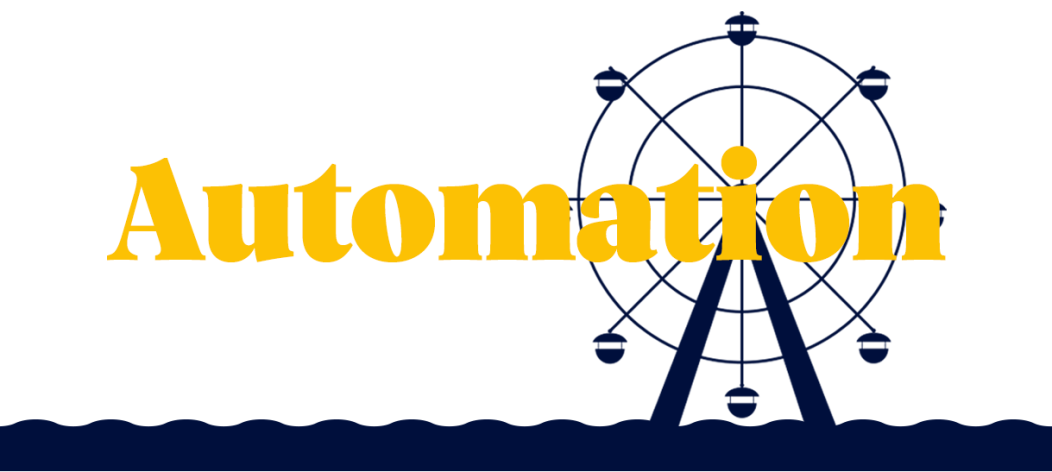

According to Gartner, in a couple of years’ time, 80 percent of supplier-buyer interactions will take place solely online.
For some, this shift will be welcome. An automated B2B sales process provides ample opportunity for data analysis, which can be used to inform decisions about customer experience. For others, it will be a daunting step into the unknown. After all, a fully automated B2B sales process is very different from what the norm was even a few years ago.
In an ideal world, an automated B2B sales process provides an efficient – even optimised – sales process. After all, there are no awkward phone calls, time-consuming coffees, or unwieldy emails. In fact, no one actually needs to speak to each other at all. Instead, decision-makers do their own research before buying a product via digital self-serve. Vendors can use this freed-up time to analyse cold hard data, launch new marketing campaigns, or develop their services. Buyers, on the other hand, can crack on with their day.
But if you think this fully digital B2B sales process sounds a little cold and distant, then you’d be right – it is. As our CSO Billy Hamilton-Stent said at B2B Marketing Ignite, “In order to have more automation, you fundamentally have to be less human.”
Understandably, not every B2B seller is so keen on being aloof. The long-held wisdom is that B2B is a relationship game, and in many ways, self-serve goes against the attributes we’re taught to adopt as B2B salespeople – warm and welcoming, automated B2B commerce is not.
However, as a general rule, buyers actually want the B2B sales process to be less human. As McKinsey has reported, buyers don’t need or want to meet a sales rep in person. In fact, they can get annoyed if a seller is too keen to meet; with customers globally describing suppliers as “too frantic” about meeting in person. McKinsey also found that 70 percent are now happy to make “new, fully self-serve or remote purchases” of more than $50,000, with 27 percent being happy to spend more than $500,000.
These aren’t small numbers. Indeed, looking at them alone, you might think it’d be sensible to digitise all B2B sales processes everywhere from now on.
While, by and large, a digital-first approach is a good idea, it would actually be unwise to make 100 percent of B2B sales 100 percent digital.
Ultimately, some truths will always remain: vast sums of money can be involved in B2B sales, the decision-making process can take a long time, and multiple people often have to come together to give a purchase the green light. With so much at stake, a human-less process could lead a buyer to drop out of a sale when they might just have needed a little nudge.
When it comes to automating B2B sales, it’s not really a question of ‘should we’ or ‘can we’. At the end of the day, a lot of B2B sales already take place fully online. Instead, it’s a question of to what extent should we continue automating sales.
If B2B sales fail to adapt to buyers’ digital expectations, then there’ll likely be a misalignment between how suppliers want to sell and how buyers want to buy. On the other hand, it’s also important to remember there are many reasons a B2B sale can’t be made fully online. For journeys that are more complex or entail a level of personalisation, total automation will be impractical.
Also, B2B decision-makers aren’t just B2B decision-makers – they’re people who sometimes want and need to talk to other people. What works for Buyer A won’t work for Buyer B (even if Buyer A and B both work for the same business).
A multifaceted approach which embraces both online and offline interaction isn’t just desirable; it’s essential. For B2B sales, the future is not digital. It’s mostly digital.
The latest (and most useful) B2B insight, delivered to your inbox.
Publicis Pro needs the contact information you provide to send you the latest B2B insights. You may unsubscribe from these communications at anytime.